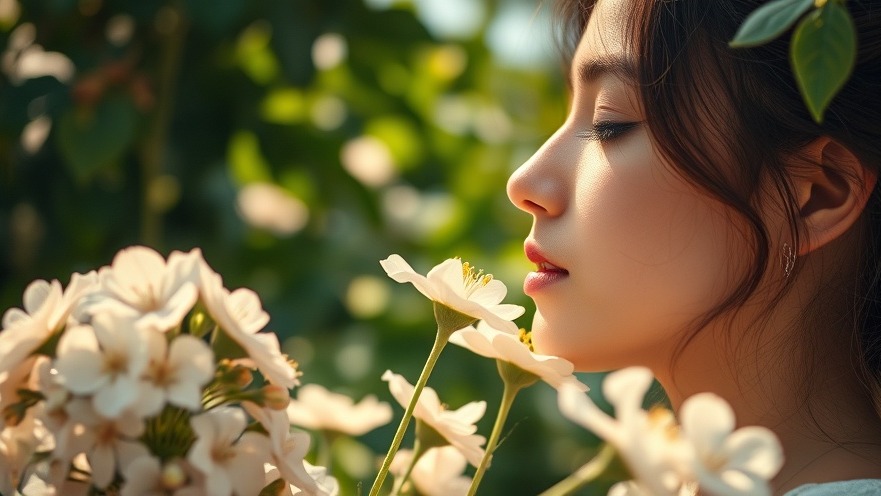
Why Smell Is the Most Emotionally Powerful Sense
Our sense of smell is far more powerful than we often realize.
It doesn’t just help us identify aromas—it deeply influences how we feel, what we remember, and even how we behave.
That’s because the olfactory bulb, the part of our brain that processes scents, has a direct line to the limbic system—the brain’s emotional hub.
Unlike sight or sound, scent doesn’t take a detour through rational thinking. It goes straight to our feelings.
Here's how leading neuroscientist Dr. Rachel Herz puts it:
“Of all the senses, smell is the only one with a direct connection to the emotional and memory centers of the brain. That’s why scents can instantly evoke intense memories or emotional reactions.”
— Dr. Rachel Herz, neuroscientist and author of The Scent of Desire
This explains why the scent of fresh pine might remind you of holidays with family or why the smell of sunscreen can mentally transport you to childhood beach days.

Boosting Confidence with Fragrance
Wearing a fragrance isn’t just about smelling nice—it’s about how it makes you feel.
Studies show that fragrance can increase confidence much like wearing a favorite outfit or power color.
In a well-cited study from the International Journal of Cosmetic Science, researchers found:
“Participants who wore fragrance perceived themselves as more confident, sociable, and attractive—even without interacting with others.”
— International Journal of Cosmetic Science, 2009
In Asheville, North Carolina, wellness coach Tiana Rivers shares her ritual:
“I wear a sandalwood-vanilla blend before my meditation classes. It brings me back to a sense of purpose and steadiness. Even if I’m nervous, the scent reminds me I’ve done this before—and I’m good at it.”
— Tiana Rivers, meditation coach and wellness practitioner
That simple shift in mindset can carry over into every interaction.
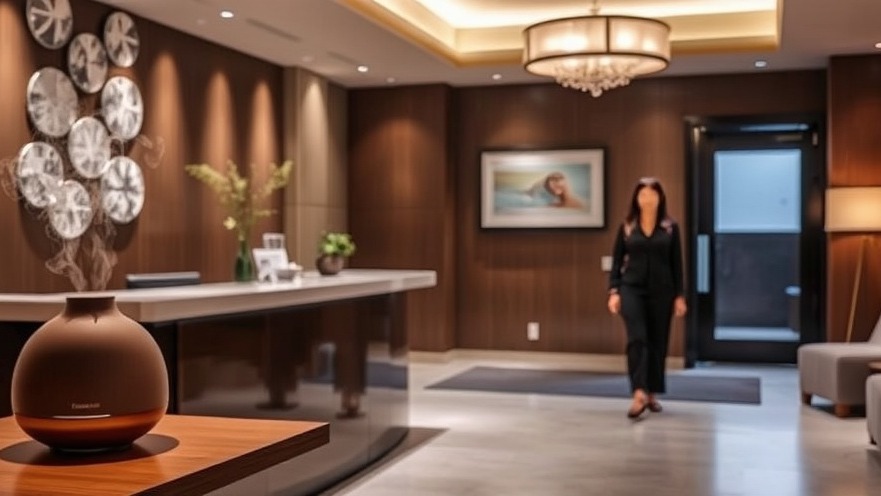
Influencing Perceptions Through Scent
Fragrance doesn’t just affect how we feel—it also shapes how others perceive us.
In customer-facing or wellness professions, this can be a subtle but powerful tool.
Dr. Alan Hirsch, founder of the Smell & Taste Treatment and Research Foundation, explains:
“Scents are silent influencers. They shape how others see us before we even speak. A warm vanilla tone might suggest kindness and openness, while a crisp citrus scent might signal energy and professionalism.”
— Dr. Alan Hirsch
A yoga studio in Boston swapped synthetic air fresheners for diffused essential oils like bergamot and cedarwood.
The result? Clients reported feeling more connected and centered during class.
The Memory Connection: Scent Triggers Confidence
Scents tied to personal moments of joy, comfort, or strength can become emotional anchors.
They allow us to re-feel powerful memories, often in an instant.
Dr. Pamela Dalton of the Monell Chemical Senses Center shares:
“When a scent becomes linked to a positive experience, re-exposure to that scent can bring back not only the memory but also the emotional state connected to it.”
— Dr. Pamela Dalton
Try This:
Reapply a scent worn during a milestone (job interview, trip, performance).
Use it as your “confidence cue” before big events.
Create a scent anchor—a fragrance you always wear when you're at your best.
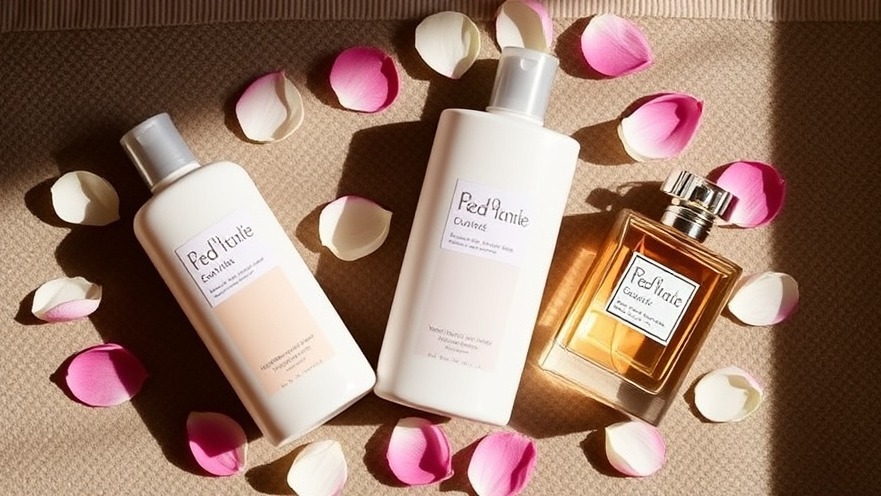
Enhancing the Experience: The Art of Fragrance Layering
Fragrance layering is a powerful way to customize your scent journey throughout the day.
It’s more than just longevity—it’s emotional alignment.
In Seattle, holistic esthetician Laila Brooks guides clients through daily scent rituals:
“Layering scents gives you emotional control throughout the day. I’ll start my morning with an invigorating citrus cleanser, moisturize with a rose-based lotion, and finish with a vanilla-based perfume. It’s like telling a story from sunrise to sunset.”
— Laila Brooks, esthetician and fragrance consultant
How to Begin:
Start with lightly scented or unscented cleansers and lotions.
Choose essential oils or perfumes that match your emotional goals.
Build from light top notes (citrus, floral) to deeper base notes (musk, wood).
Choosing the Perfect Fragrance
Picking a fragrance is about more than trends—it’s about how you want to feel.
Ask yourself:
Do I need more energy?
Am I feeling anxious or overstimulated?
Do I want to feel grounded?
Here’s a guide to help:
For energy: Citrus, peppermint, eucalyptus
For calm: Lavender, chamomile, neroli
For grounding: Sandalwood, patchouli, vetiver
Fragrance expert Roja Dove explains:
“Fragrance is the most intimate form of beauty. It bypasses the conscious and speaks directly to the soul. The scent you choose tells the world how you wish to be seen.”
— Roja Dove, master perfumer and scent historian
In one spa in Sedona, guests choose an oil to set the mood for their session—from frankincense for clarity to orange blossom for joy.
Small moments like these can create lasting emotional impact.
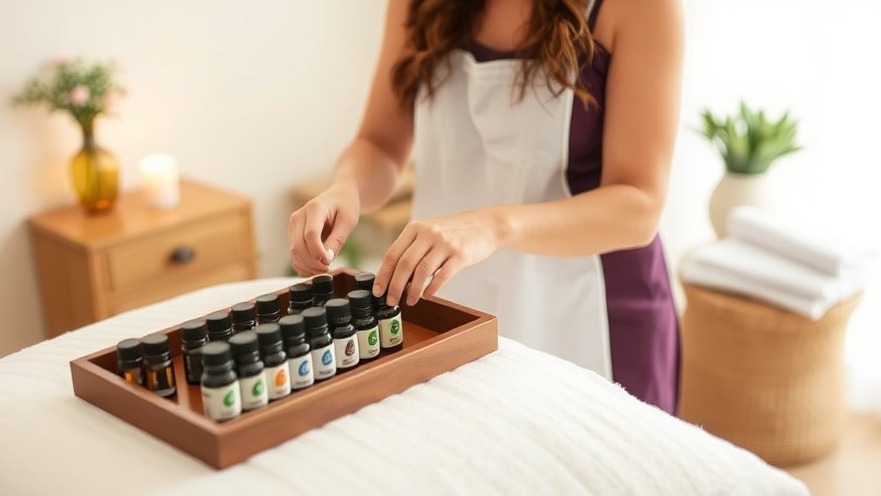
Inspiring Growth & Personal Connection in Spas
For spa professionals, fragrance is more than ambiance—it’s a tool for emotional connection and brand identity.
In Taos, New Mexico, one retreat center rotates seasonal oils—pine in winter, mint in summer—to reflect nature and rhythm.
Spa consultant Sarah McIntyre highlights the value:
“When a spa integrates fragrance with purpose, it elevates the whole experience. You’re not just pampering the body—you’re engaging the emotions, and that creates loyalty.”
— Sarah McIntyre, multisensory wellness designer
Spa scent strategies may include:
Aromatherapy add-ons for massage or facial services
Seasonal scent profiles across diffusers and treatment menus
Customized scent journeys based on client mood or intention
Embrace the Journey: Your Own Scent Experience
Take a moment.
Light a candle. Roll on your favorite oil. Ask yourself:
What do I want to feel right now?
Your answer might change daily—and that’s okay. Scent is one of the easiest ways to shift your state of mind without needing a big lifestyle overhaul.
Simple Practices to Try:
Keep a lavender or rosemary roll-on in your bag for stress
Create a calming bedtime routine with sandalwood or vanilla
Use a scent journal to notice how aromas affect your mood
Fragrance is more than a finishing touch. It’s a personal, portable form of emotional care.
Final Thought: Fragrance as a Wellness Ally
Fragrance is more than a sensory delight—it’s a doorway to confidence, clarity, and connection.
Whether you’re crafting a morning ritual, creating spa ambiance, or just navigating daily life—a scent can guide you.
As natural perfumer Mandy Aftel beautifully says:
“To smell is to feel, to remember, to awaken.”
— Mandy Aftel, author of Fragrant
So take the time to discover which scents bring you back to yourself.
Use them with purpose, with joy, and with trust in their quiet power.
Because scent doesn’t just help us remember who we were—
It helps us step into who we’re becoming.
 Add Row
Add Row  Add
Add 

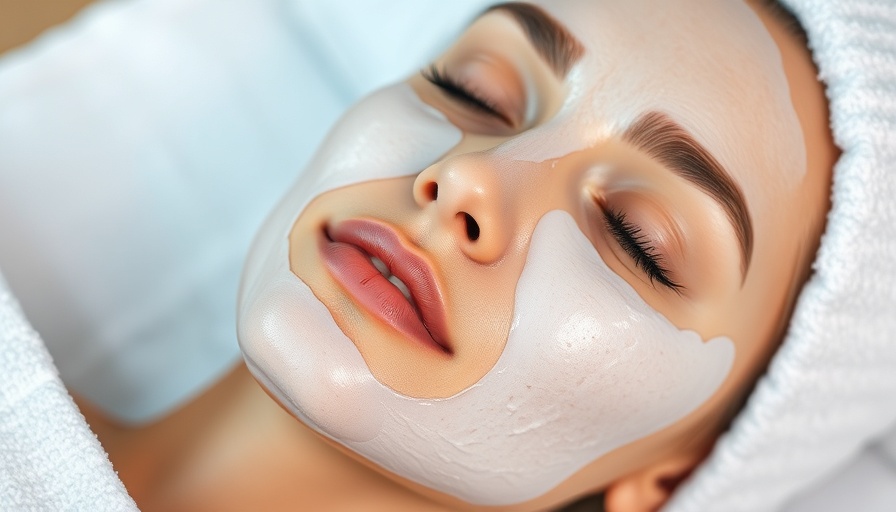
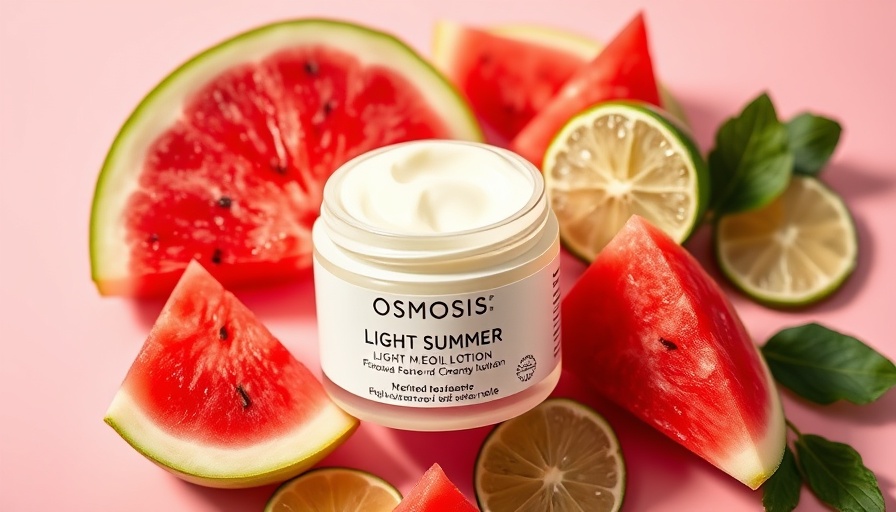

 Add Row
Add Row  Add
Add
Write A Comment